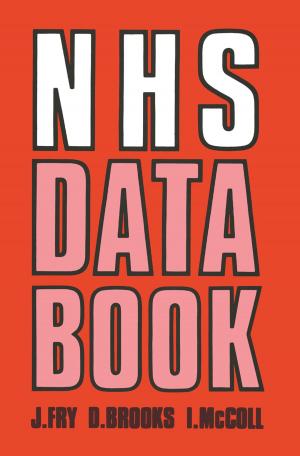Changing Assessments
Alternative Views of Aptitude, Achievement and Instruction
Nonfiction, Reference & Language, Education & Teaching, Educational Theory, Evaluation, Computers, Advanced Computing, Artificial Intelligence| Author: | ISBN: | 9789401129688 | |
| Publisher: | Springer Netherlands | Publication: | December 6, 2012 |
| Imprint: | Springer | Language: | English |
| Author: | |
| ISBN: | 9789401129688 |
| Publisher: | Springer Netherlands |
| Publication: | December 6, 2012 |
| Imprint: | Springer |
| Language: | English |
Bernard R. Gifford As we edge toward the year 2000, the information age is a reality; the global marketplace is increasingly competitive; and the U.S. labor force is shrinking. Today more than ever, our nation's economic and social well-being hinges on our ability to tap our human resources-to identify talent, to nurture it, and to assess abilities and disabilities in ways that help every individual reach his or her full potential. In pursuing that goal, decision-makers in education, industry, and government are relying increasingly on standardized tests: sets of question- with identical directions, time limits and tasks for all test-takers-designed to permit an inference about what someone knows or can do in a particular area. CALIBRATING DIFFERENCE Our emphasis on standardized testing rests on a premise that is so basic it often escapes notice: that we humans are different from each other in ways that are both meaningful and measurable. We differ in terms of cognitive ability; aptitude for performing different kinds of mental and physical tasks; temperament; and interests. But somehow, without sufficient examination, we have taken a great collective leap from that commonplace to the notion that there are precise, measurable gradations of innate ability that can be used to direct children to the right classrooms, and adults to the right job slots.
Bernard R. Gifford As we edge toward the year 2000, the information age is a reality; the global marketplace is increasingly competitive; and the U.S. labor force is shrinking. Today more than ever, our nation's economic and social well-being hinges on our ability to tap our human resources-to identify talent, to nurture it, and to assess abilities and disabilities in ways that help every individual reach his or her full potential. In pursuing that goal, decision-makers in education, industry, and government are relying increasingly on standardized tests: sets of question- with identical directions, time limits and tasks for all test-takers-designed to permit an inference about what someone knows or can do in a particular area. CALIBRATING DIFFERENCE Our emphasis on standardized testing rests on a premise that is so basic it often escapes notice: that we humans are different from each other in ways that are both meaningful and measurable. We differ in terms of cognitive ability; aptitude for performing different kinds of mental and physical tasks; temperament; and interests. But somehow, without sufficient examination, we have taken a great collective leap from that commonplace to the notion that there are precise, measurable gradations of innate ability that can be used to direct children to the right classrooms, and adults to the right job slots.















